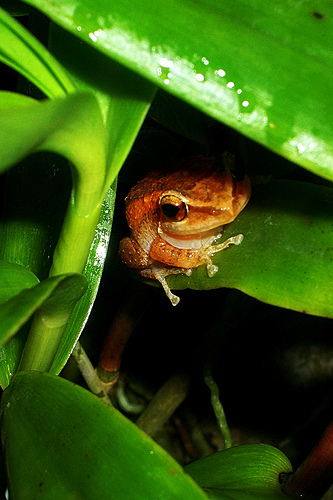Some “deep thoughts that keep us up at night”:
➢ How do we move from open access to universal access?
➢ What are the safeguards we need to put in place against tech obsolescence, planned and unplanned?
➢ Can knowledge-production and access/distribution be sustained without the property model?
➢ Is the ebook a metaphor for the dangers of monopoly, assimilation, and proprietary technology (looking at you, Amazon), and the illusion of open access?
➢ Can the ebook be rehabilitated by resistance movements?
➢ What is a people’s library? How does it differ from the Library of Congress, Digital Public Library of America (is it “public”? it is a “library”? is it “American” or “US”?), or even your local library branch?
➢ Does this library (should it) live online, or must it have material cells?
➢ Why do we need it?
➢ Can we leverage current and emerging technologies to mobilize digital rebellions, on both the access AND production/creation sides of knowledge?
➢ What happens to precarious (e.g., radical) literature in the emerging dominant schemas? And what happens to the communities this literature emerges from and feeds?
➢ Is print “the people’s brick”? In other words, are print and other 1.0 technologies (e.g., radio) an antidote to planned obsolescence (of both technologies and whole communities/life chances/contribution to cultural, knowledge, and political production & participation)?
Some of what we’re thinking about:
Like many of you, undoubtedly, we were excited when we learned about digitally delivered coursework through venues such as edX. And. As currently structured, it seems that EdX and other massive online open courses (MOOCs) exist partially to retrieve information, not disburse it. In essence, they behave more like Facebook than WorldCat; they give you a little something fee-free, you give back the most intimate details of your intellectual life (how your brain works—as deep as that), and then they use that data to refine their educational product. Who stands to gain (and lose) from that process of refinement, as well as that data collection (in the service of profit) in the first place? How will this process inform the opening or closing of access to digital humanities and sciences?
As Siva Vaidhyanathan put it in a 2008 talk to students at UNC Chapel Hill, “What will be the terms of access? … Because if we actually believe that increasing access to knowledge, increasing access to books, information, culture, makes us better, if we know that to be true in our hearts, then we have a responsibility to make sure that we’re not just making the rich richer and the poor poorer.”
We are interested in exploring how the technologies we develop and adopt can contribute to universal access, rather than open access, with an eye fixed firmly on outcomes. Do they advantage the already-and-always-advantaged, or contribute to eliminating hierarchies? What are the critical questions we need raise when demanding new technologies, and when creating them? How do the questions here and above inform our struggles for social, political, and economic justice locally and globally?
We are interested in ensuring the creation and survival of a model of digital knowledge production and sharing that is neither a digital funnel (the collectivized knowledge of the world corralled in exclusive spaces for the edification of the few) nor a digital trumpet (elite institutions monopolize knowledge production and its distribution to the connected world), but rather the pneumatic pipeline, where the openings are exits and exits openings, neither favored, both capable of transmitting and receiving the information gathered and knowledge made in multiple locations.
Come with your questions and your answers, your lived experiences and your theories, your knowledge of how technologies (including print, radio, and other OG technologies) can be used to serve our stated purposes as well as undermine them, to participate in this Amish-informed tech planning session. For a better world.



 foto de
foto de 